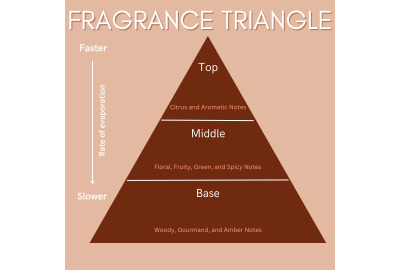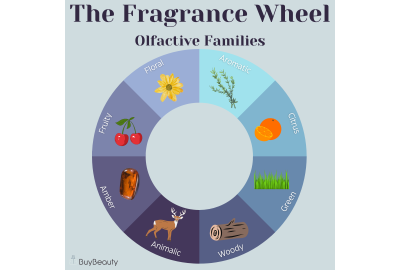Have you ever caught a whiff of a familiar scent and found yourself instantly transported back in time? The evocative power of fragrance is a remarkable phenomenon that has been studied extensively over the years. From the smell of freshly baked cookies triggering cherished childhood memories to the subtle notes of a perfume rekindling thoughts of a past lover, fragrances have a profound impact on our memory recall. In this post, we'll delve into the fascinating world of how fragrances affect memory and explore the science behind this remarkable connection.
The Science of Scent and Memory
The olfactory system, responsible for our sense of smell, is closely linked to the brain's limbic system and hippocampus, areas associated with emotion and memory formation. When we encounter a scent, molecules from the fragrance are detected by specialized olfactory receptors in the nose. These receptors then send signals to the brain, triggering a cascade of neural responses that can evoke powerful memories and emotions.
The Connection to Emotion
One of the key reasons fragrances have such a potent effect on memory is their ability to evoke emotions. Researchers have found that emotional memories are often more vivid and enduring than neutral ones. Fragrances can trigger a range of emotions, from nostalgia and happiness to sadness and comfort. For example, the scent of a particular flower may transport you back to a blissful summer vacation, or the smell of a particular spice might remind you of festive family gatherings.
Neurological Mechanisms
Studies using neuroimaging techniques have provided insights into the neurological mechanisms behind the fragrance-memory connection. When we encounter a familiar scent, the brain's amygdala, which is responsible for processing emotions, becomes highly active. This activation can enhance memory recall, leading to the vivid reliving of past experiences associated with the scent. Additionally, the hippocampus, a key player in memory formation, is also stimulated, reinforcing the link between fragrance and memory.
The Proustian Phenomenon
The famous French writer Marcel Proust vividly described the phenomenon of involuntary memory triggered by scent in his novel "In Search of Lost Time." He recounted how dipping a madeleine into tea awakened a flood of memories from his childhood. This concept, known as the Proustian Phenomenon, highlights the potent and unexpected nature of scent-triggered memories. Fragrances have the unique ability to resurrect forgotten moments from the depths of our minds.
Applications and Benefits
The profound connection between fragrance and memory has practical applications beyond reminiscing. Aromatherapy, for instance, utilizes specific scents to promote relaxation, reduce stress, and enhance mood. In healthcare settings, certain scents have been used to alleviate symptoms of anxiety and depression, showcasing the potential therapeutic benefits of fragrance-induced memory recall.
The intimate relationship between fragrance and memory is a captivating aspect of human experience. The way scents can instantly transport us through time and space, rekindling forgotten memories and emotions, is a testament to the intricate workings of our brain. As our understanding of the olfactory system and its impact on memory deepens, we continue to unlock new insights into the remarkable ways in which our senses shape our perception of the world around us. So, the next time you catch a familiar scent in the air, take a moment to savor the memories it brings forth – for fragrances are truly a gateway to our past.










